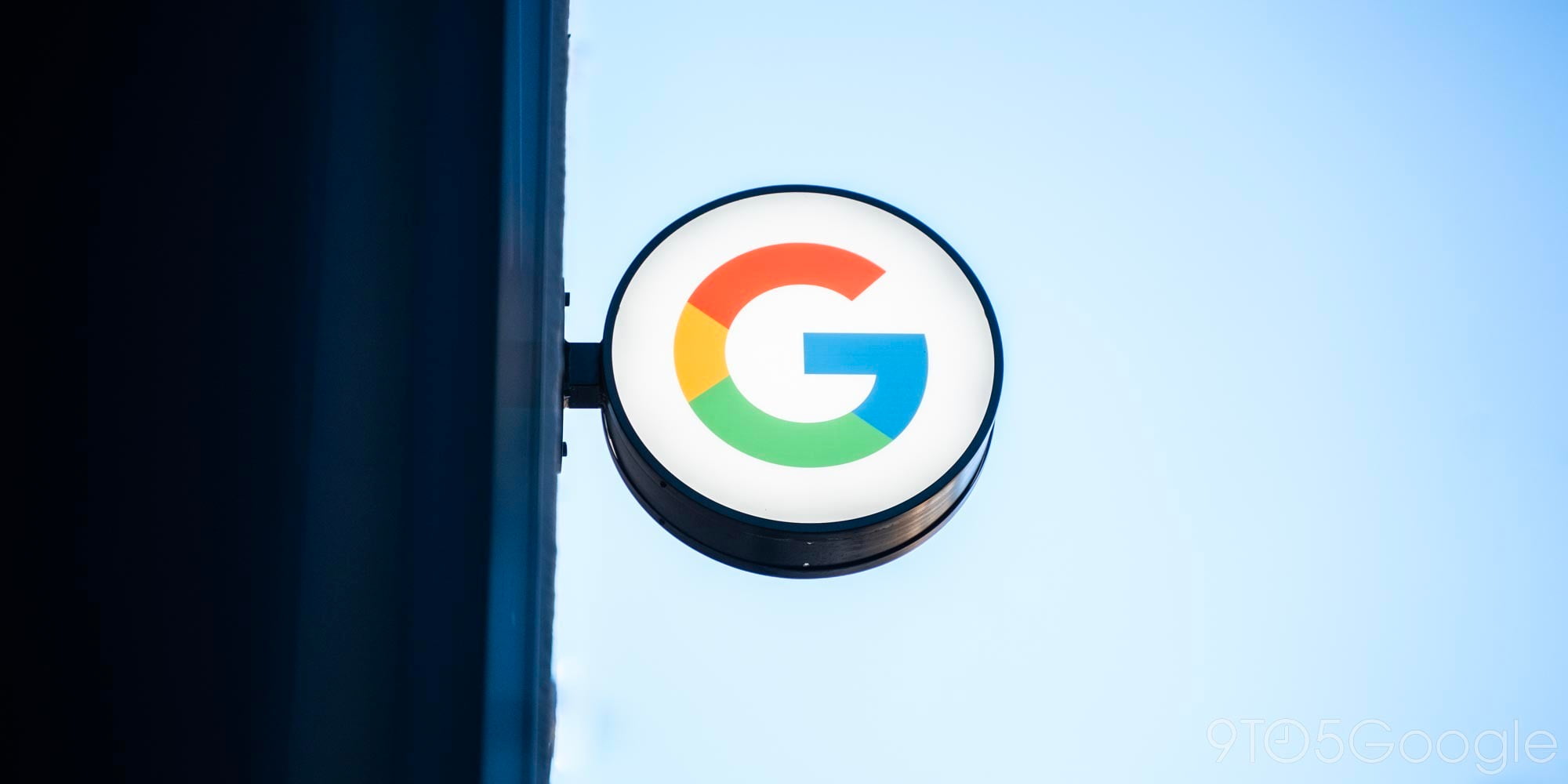
Google Stadia has been maturing its feature set since release in November, and today it launched a new “experiment” — gameplay over LTE. There are a bunch of questions for playing a streaming gaming service over mobile data, and after a bit of testing, I think I can answer a few of them.
Is it playable?
Yes… but also no
Here’s the biggest question: can you actually enjoy games on Google Stadia when they’re streaming over LTE? The answer is… complicated, and will vary depending on your connection. In my testing, I used Stadia on Verizon Wireless on a Galaxy S20+ which pulled about 33Mbps down and 10Mbps up according to a quick speed test with a 27ms ping.
Technically speaking, that should be more than enough raw speed for Stadia to run at 720p, but obviously mobile data isn’t as stable as a home wi-fi connection.
As seen in the demo below, games are playable, but it’s not a great experience. Playing a few waves on Orcs Must Die 3, I ran into skipped frames (more like skipped chunks) several times per minute, and the controls weren’t especially responsive either. You can see this all in action below.
For casual titles, this should technically be alright. The experience in Orcs definitely would have been annoying in a difficult campaign level, but it was tolerable in the “Endless” mode. Playing a level on Embr was also a decent experience in this experiment.
Quality was fine, too. Google is definitely down-scaling quality here, and from what I could tell, it was probably at 480p. Still, on a smartphone screen, the two titles I played looked pretty good. The frame rate — when I wasn’t skipping — felt good, too. I really couldn’t tell if it was 30fps or 60fps, but it was good enough for me.
The only “deal-breaker” I really ran into was while on the go. A quick trip in the car, and I simply couldn’t play at all, instead being greeted by an error message telling me to restart the app. That’s an understandable error since Stadia can’t load data ahead of time like a regular video service would, but it’s also pretty disappointing for anyone who hoped to play games in the car on a road trip. I just don’t think that will be possible.

Still, I’m sure Google can optimize all of this over time, perhaps even with partnerships with carriers. Only time will tell, and, frankly, there’s a reason this feature is experimental. Likely, too, your results will be better if you live in an area with stronger LTE speeds. Or, even if you are just in a different area!
How much data does it eat up?
The other big question: How much will this cost you? Mobile data isn’t free and even unlimited data plans are going to limit you. So, how much does Google Stadia’s experimental LTE connection eat up?
In my testing, Google’s claim of 2.7GB/hr seems accurate. In roughly 25 minutes of gameplay, my Galaxy S20+ on Verizon, Stadia ate up a little over 800mb of data. Given most plans start throttling you after 15GB, though, playing Stadia on a mobile connection seems like a very bad idea to me.


Will 5G be better?
There’s one question I can’t answer, though, and that’s if 5G will improve anything. I don’t think low-band 5G will improve matters much, perhaps just minimizing the skipping issue a bit. The faster mmWave technology will almost certainly make a huge difference with Stadia, though, as that connection is generally faster than what’s in your home.
If circumstances allow, this is something I hope to test in the not-too-distant future, though the wrath of COVID might make that a little difficult. Stay tuned and, if you happen to live near a 5G node and want to share your results with us, get in touch!
More on Google Stadia:
- Google letting you play Stadia on 4G/5G networks with latest mobile experiment
- Epic Games’ Tim Sweeney explains why Fortnite isn’t on Stadia ‘yet’
- Opinion: Now that I finally have a reason to play Google Stadia, I can’t put it down
FTC: We use income earning auto affiliate links. More.


Comments